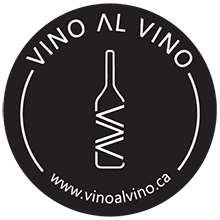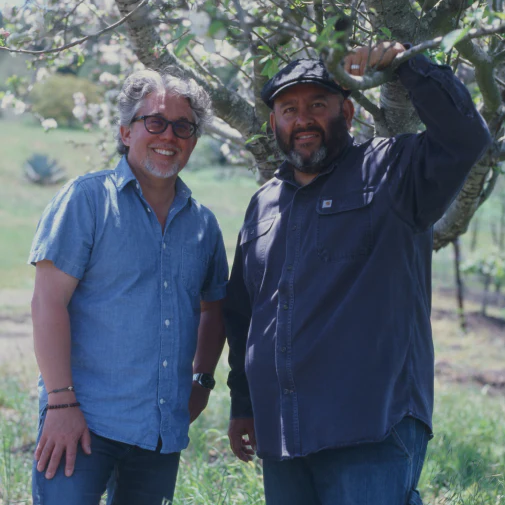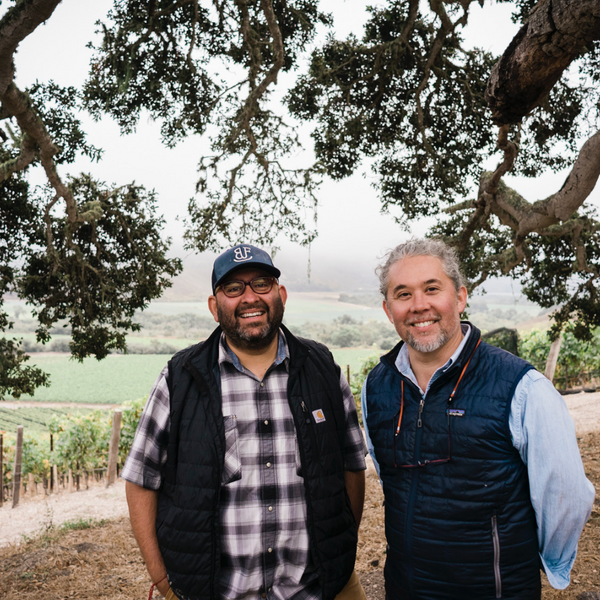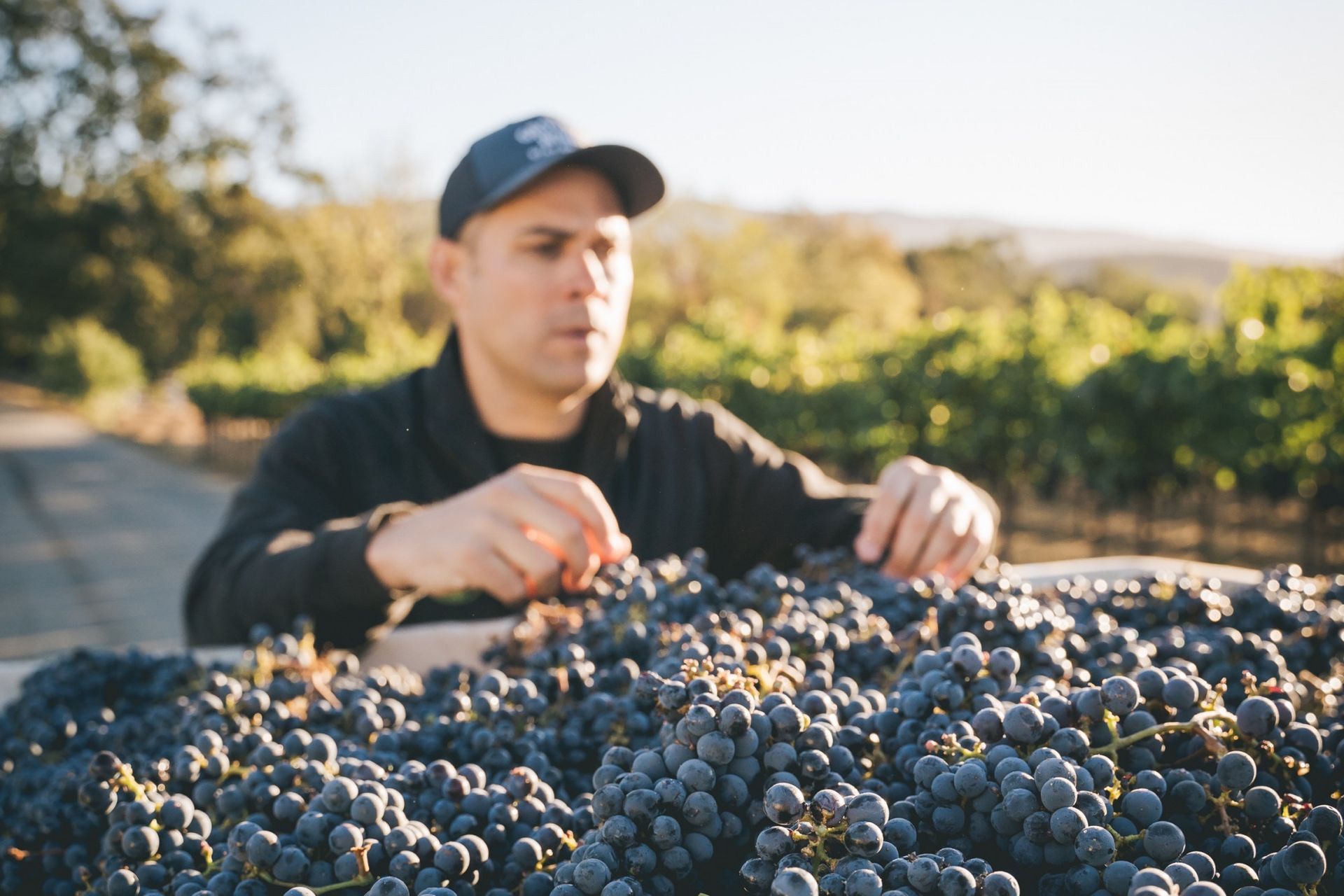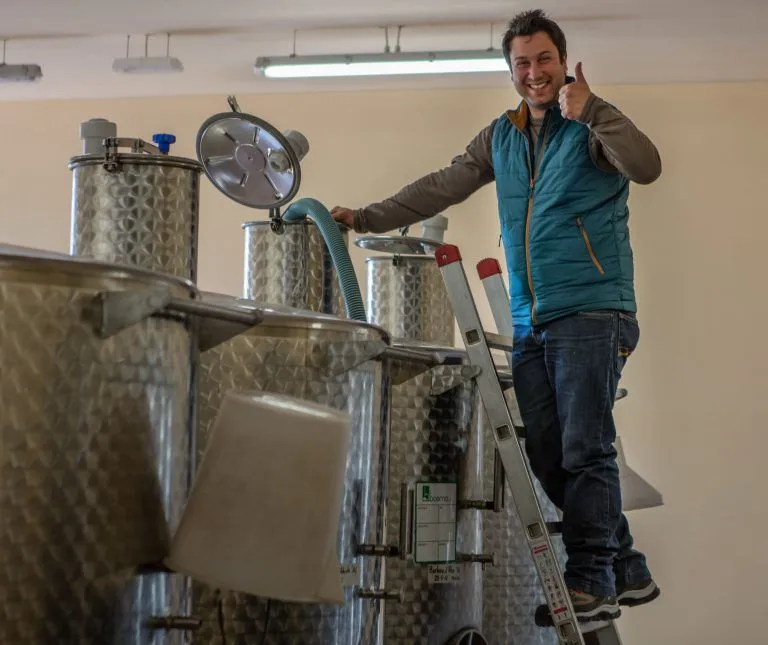Why Natural Wine?
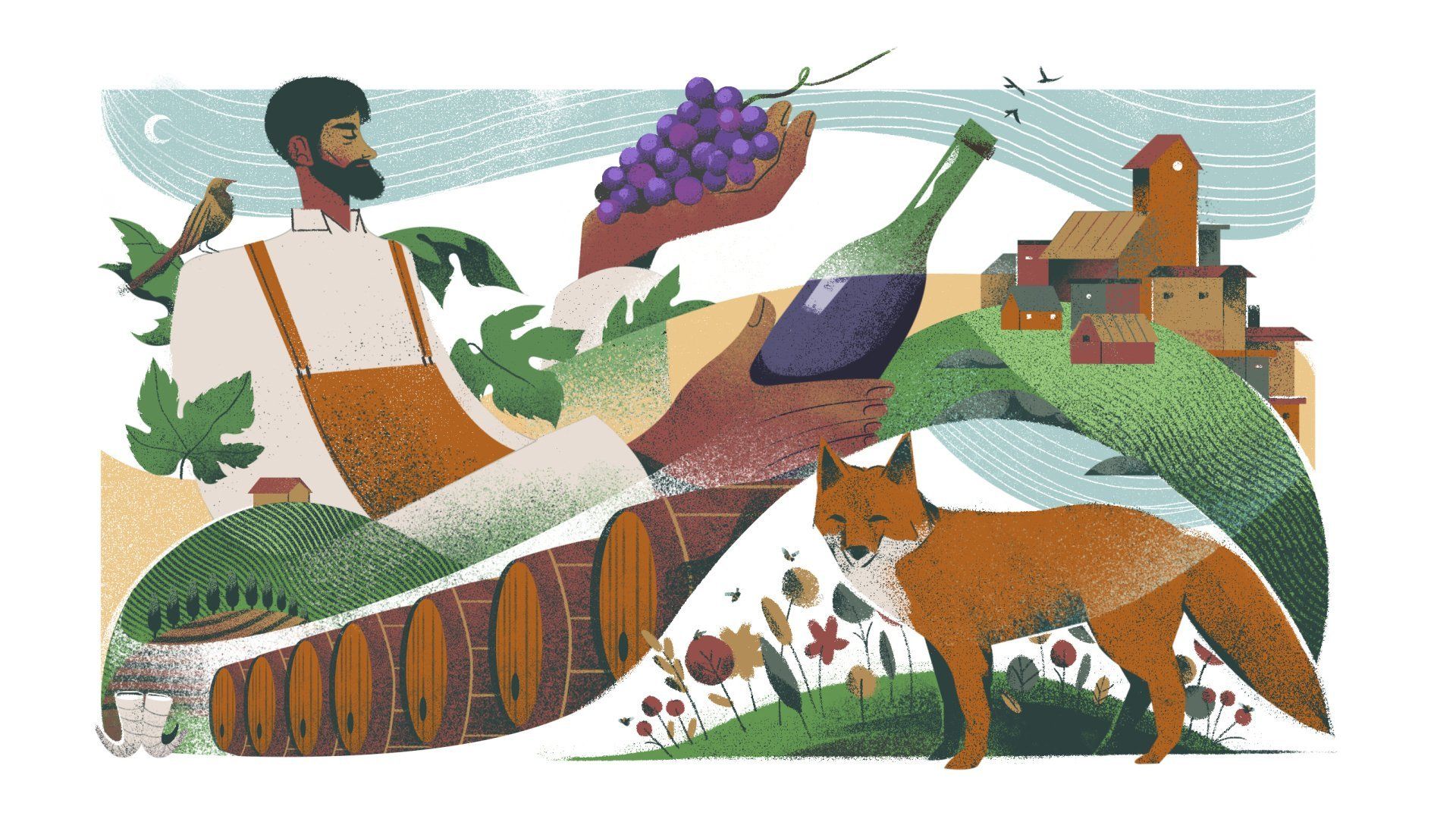
In 2015, I was fortunate to play a role in the opening of Pigeonhole in Calgary. The resulting attention of being named Canada’s Best New Restaurant by En Route magazine, created a lot of conversation about the wine program I had developed, per Chef Justin Leboe’s request. We were the first restaurant in Alberta with a Natural Wine Program. This meant that many guests asked the obvious question…
“What is Natural Wine?”
Almost four years later, I can say with as much confidence as ever, that there really is no such thing as Natural Wine. Not really. More accurately, the legal or documented definition, governing body, or rule book stating what Natural Wine is has not, been created. There are many opinions to what constitutes bestowing the term Natural on a wine, some far more informed than others, but they are just that. Opinions.
For Pigeonhole, and admittedly for myself, the grapes for the wines selected had to ideally, be farmed organically or biodynamically. Judicious use of sulphites (SO2), under 100ppm (for Organic standards) or as little as possible to keep a wine stable. Also, we tried to shy away from heavily oaked or high alcohol wines. Pretty simple really. Food friendly and honest.
When I would talk about yeast strains, enzymes, adjustments, preservatives, concentrates, aging vessels, and the shockingly long list of things/chemicals/additives that a winery can do, add, or force upon a wine, most people have historically looked at me like I was speaking pure gibberish. However, almost as many people assuming I was full of shit, also admitted to not knowing that wine could contain far more than just grapes. No ingredients on a bottle of wine, right??
At the same time, while tasting “conventional” wines that I had, and still do love, from winemakers and areas that I respect a great deal, I came to the conclusions that the real problem was likely this; how do we know what we are drinking? One side of this pendulum dictates doing “nothing” and the other side of mass production, innocuous juice, is doing far too much and achieving much less. How do I, as a consumer, know which I have?
Understanding the ideal but also living in the reality of the challenge of producing great wine, I may have different checklists for my wines. I am wine guy for sure and have studied this stuff for years, made it my living, but I don’t think that changes the real issue of wanting to know what I am consuming. My own requirements aside, what matters to YOU? Do you care about the unseen, unspoken mystery ingredients in your grape beverage? Should you?
If anything, I would argue this is the true value of the ideal of “Natural” wine. It has begun the conversation of what wine really is. It clarifies that not all wines are created equal. Maybe this matters to you, maybe it doesn’t, but shouldn’t you be allowed to have the info to make a decision?
Therefore, I propose the most important factor is
Transparency.
How a wine is grown, made, and delivered to you should be as clear, and honest as possible.
Why not? As with any other product for sale, consumer demand dictates the success of said product. I say,
let’s demand more. More information. More clarity. More honesty. Then, let the chips fall where they may. We’ve made our bet.
Real wine for the win.
Vino Al Vino is an Alberta (Canada) wine importer specializing in real wines, wines with minimal intervention. All of our wines are sustainable. Almost all of our wines are certified organic. Many of our wines are certified biodynamic. Many of our wines are full-throttle zero-zero natural wines.
